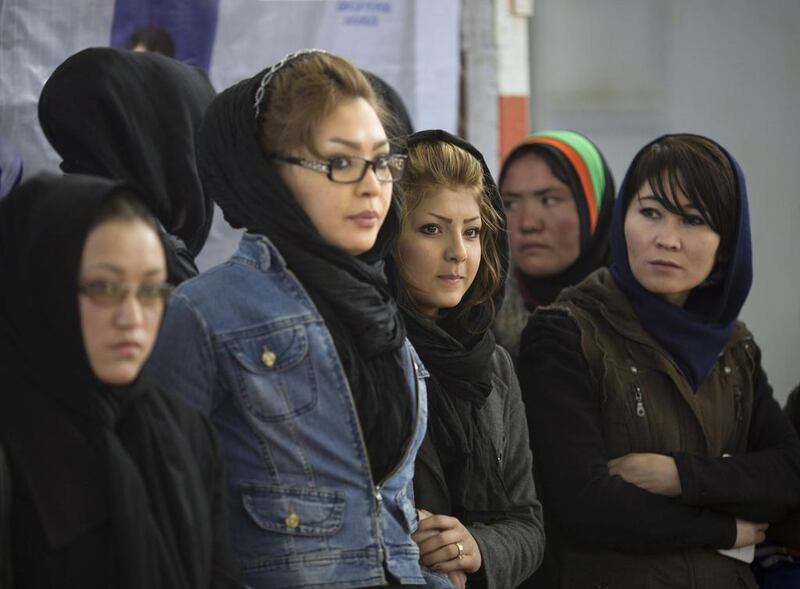Afghanistan needs female journalists to tell the story of their country, says Amie Ferris-Rotman, the founder of SaharSpeaks!, a group that is about to launch training for female Afghan reporters in Kabul. Follow Sahar Speaks! on Twitter: @Sahar_Speaks
Sahar means “dawn” in Dari. It’s also a very common woman’s name. I liked the duality of that. This initiative is about contributing to a new era and offering hope to new journalists who will report on their country.
The programme will be held over the course of the year and divided into three or four different training sessions. Each training session will be about a week or four days. We have places for 15 Afghan female correspondents, who will receive stipends. We’ll focus on Kabul for the first year and eventually branch out into other cites.
There are currently 2,000 female Afghan reporters. About half of them are in Kabul, and the rest are spread out over the country.
There are very few in the south, in the more violent and Pashtun-dominated areas.
There have been other media training programmes where people come for one week, or two weeks, and then leave. The training and focus are not sustained. That’s why we want to do three or four different sessions through the year.
There will also be mentoring, whereby the women will be paired with other female correspondents from around the world via Skype, email or phone. These more experienced correspondents will also serve as a support network to boost morale and help come up with story ideas.
The Afghan correspondents will publish four stories in international media outlets during the year. We don’t want to steal them from their current jobs. There is not a single female Afghan journalist working in an international news outlet. This is a huge oversight. The international press does not actually see the true Afghan woman’s story.
I want to see stories that relate to Afghan women, as told by Afghan women. Stories about what the western military presence has meant for Afghan women, for example. In the West, there’s the perception that we so-called freed the women.
The story is a lot more complicated than that – and only Afghan women can tell the true story of Afghan women.
We are not even hearing half of what they are going through. Some of these stories are of strength. Some have benefited from the international presence. Others have suffered, perhaps by losing husbands or their livelihoods, or by being denied justice.
There are some foreign women that are able to tell the story of Afghan women. But I think it’s also important to have Afghan women telling their own stories. It will make for richer journalism and for the world’s overall understanding.
To implement this project, Sahar Speaks! has partnered with the Washington-based International Women’s Media Foundation. There are also Afghan female partners. I will be on the ground for the training.
In terms of the training, we will have a group of mixed Afghan and international female reporters. We will teach them new skills in photography, writing, broadcast, and video, along with security training.
The hardest part of getting Sahar Speaks! off the ground is the fundraising. One often thinks the hardest part of creating a programme is coming up with the idea. I am learning that it is actually getting it funded.
For everyone in Afghanistan, men and women, it’s a dangerous place in terms of everyday violence that comes with war: there are suicide bombings, and just getting between point A and point B is problematic. Additionally, there are specific dangers for women, so in a sense the job is more dangerous for them. For example, it’s very difficult for Afghan women to travel on their own or to travel with men who are not their husbands or relatives. If they travel together it can be better and safer.
Currently, in Afghan media training, there’s not much knowledge about sexual harassment. There’s a lot of stigma attached to this. We will address this in the Sahar Speaks! training. There’s also a danger for their families. This is something that a lot of women who are working professionally in Afghanistan face, not just the journalists. A lot of people see women who work as immoral, and that’s a huge challenge to try overcome.
As international forces withdraw, Afghanistan has serious security challenges. I think it’s extremely important to have an independent, fully functioning media, so they can report on what is happening in their own country, going forward.
Anyone who has ever worked or spent time in Afghanistan hopes the country will be rebuilt and will not see civil war. But unfortunately life is getting more dangerous for everyone.





